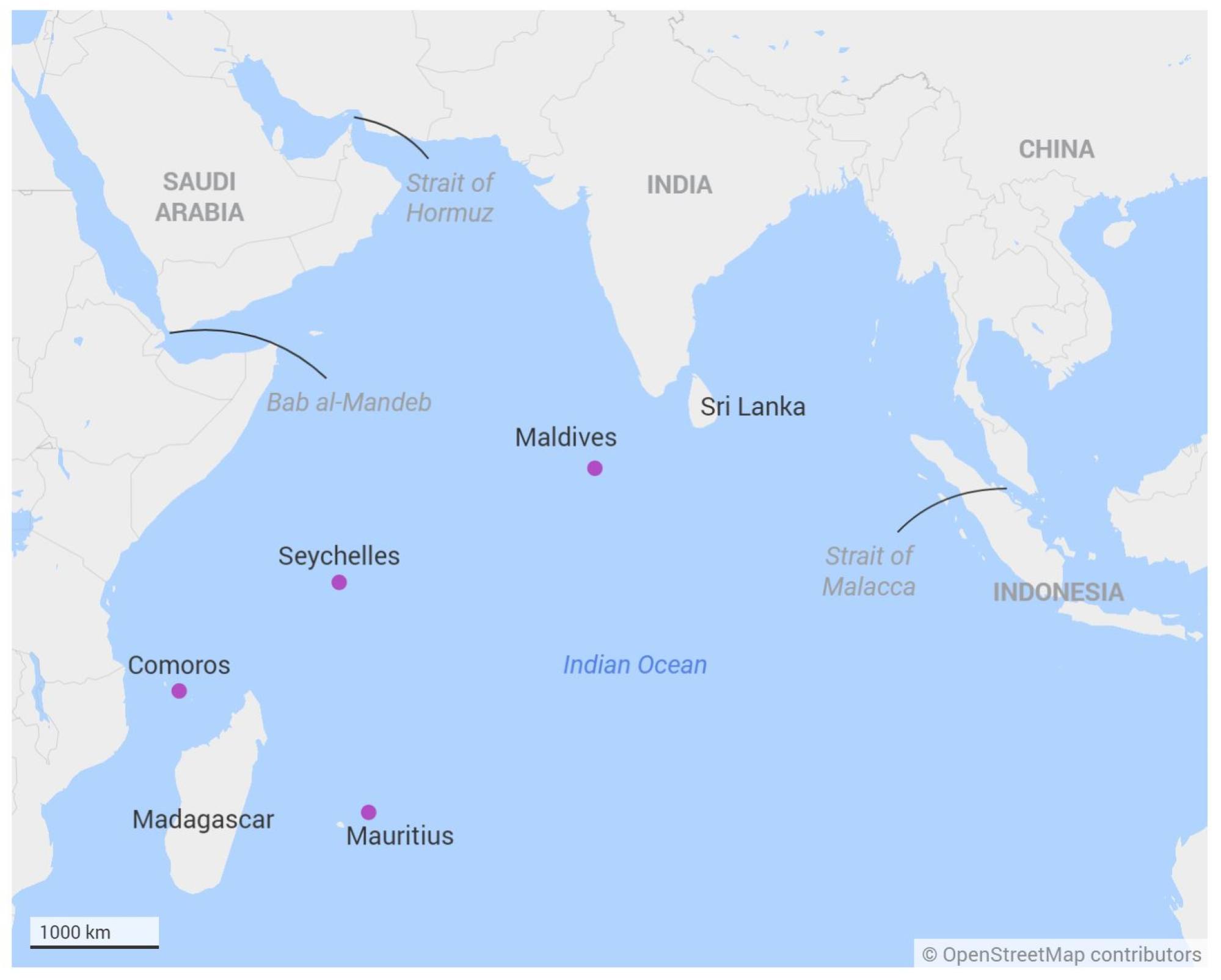[ad_1]
The Indian Ocean has been receiving appreciable consideration just lately, with a conclave of naval chiefs of littoral nations assembly in Bangkok beneath the Indian Ocean Naval Symposium banner. The symposium is an Indian initiative begun in 2008 and seeks to additional maritime cooperation among the many regional navies of the Indian Ocean.
The Indian Ocean area was known as the “China-Indian Ocean Region”, maybe to keep away from figuring out the ocean with India. Furthermore, India was not among the many invited nations. This is indicative of the brittleness of the connection between the 2 Asian giants.
The agreements arrived at in Kunming are unremarkable and search to foster larger cooperation between China and the smaller Indian Ocean area littoral nations. Four sub-forums have been held to handle cooperation within the blue economic system, cooperation in maritime catastrophe prevention and discount, biodiversity and maritime ecology safety, and sustainable improvement of the island nations of the Indian Ocean.

Hussain Mohamed Latheef, the newly appointed vice-president of the Maldives, was amongst these invited to Kunming and mentioned, “The president and the government is committed to strengthen the ties with China that have been long-standing and built upon the foundation of mutual respect and shared goals.” He mentioned Beijing had performed “a pivotal role” within the improvement of the island nation in current many years.
Chinese forces will not replace Indian troops, Maldives leader says
Chinese forces will not replace Indian troops, Maldives leader says
Bringing the Maldives into a better relationship is a significant feather within the cap for China, the extra so when this has been performed on the expense of India.
While China and India stay hostage to their geopolitical insecurities, the maritime area is fraught with complicated challenges that decision for collaborative efforts amongst main powers. Whether the present political management can rise to the event is debatable.
Commodore C. Uday Bhaskar is director of the Society for Policy Studies (SPS), an impartial suppose tank based mostly in New Delhi
[adinserter block=”4″]
[ad_2]
Source link